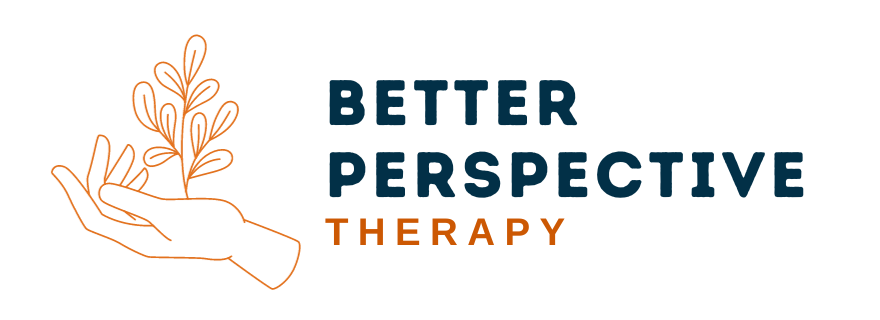What is Disordered Eating?
Disordered eating encompasses a wide range of unhealthy eating patterns and behaviors that can lead to physical and emotional distress. These behaviors often include extreme dieting, binge-eating, purging, or an unhealthy preoccupation with body weight and shape. Disordered eating refers to a range of irregular and unhealthy eating patterns that can have both physical and emotional consequences. It encompasses behaviors such as extreme dieting, frequent overeating, binge-eating, purging, and a fixation on body weight and shape. These behaviors are often accompanied by distressing thoughts and feelings related to food, body image, and self-esteem. As a therapist, my role is to help you understand the complexities of disordered eating, including the underlying emotional and psychological factors that may be contributing to these patterns.
What are contributing factors that can lead to disordered eating?
Disordered eating is influenced by a complex interplay of factors, and it’s essential to understand that it’s not solely the result of one cause. Rather, it typically arises from a combination of biological, psychological, and environmental factors. Biological factors can include genetic predispositions, hormonal imbalances, or neurotransmitter irregularities that affect mood and appetite. Psychological factors often involve body image concerns, low self-esteem, or the presence of anxiety and depression. Environmental factors can encompass societal pressures, cultural ideals of beauty, and a history of dieting or exposure to traumatic events
How can my therapist me develop a healthier relationship with food?
As a therapist, my role is to help clients understand the underlying causes and triggers of disordered eating, which can often be linked to emotional, psychological, or self-esteem issues. We work together to challenge and reframe these harmful thought patterns, fostering self-awareness and self-acceptance. Through a combination of cognitive-behavioral techniques, mindfulness practices, and nutrition education, I assist clients in developing a healthier relationship with food. Additionally, we focus on stress management, coping strategies, and emotional regulation techniques to address the emotional aspects of disordered eating. The aim is to empower clients to regain control over their lives, promoting a balanced and sustainable approach to food and nutrition, which, in turn, supports their overall well-being and mental health.
